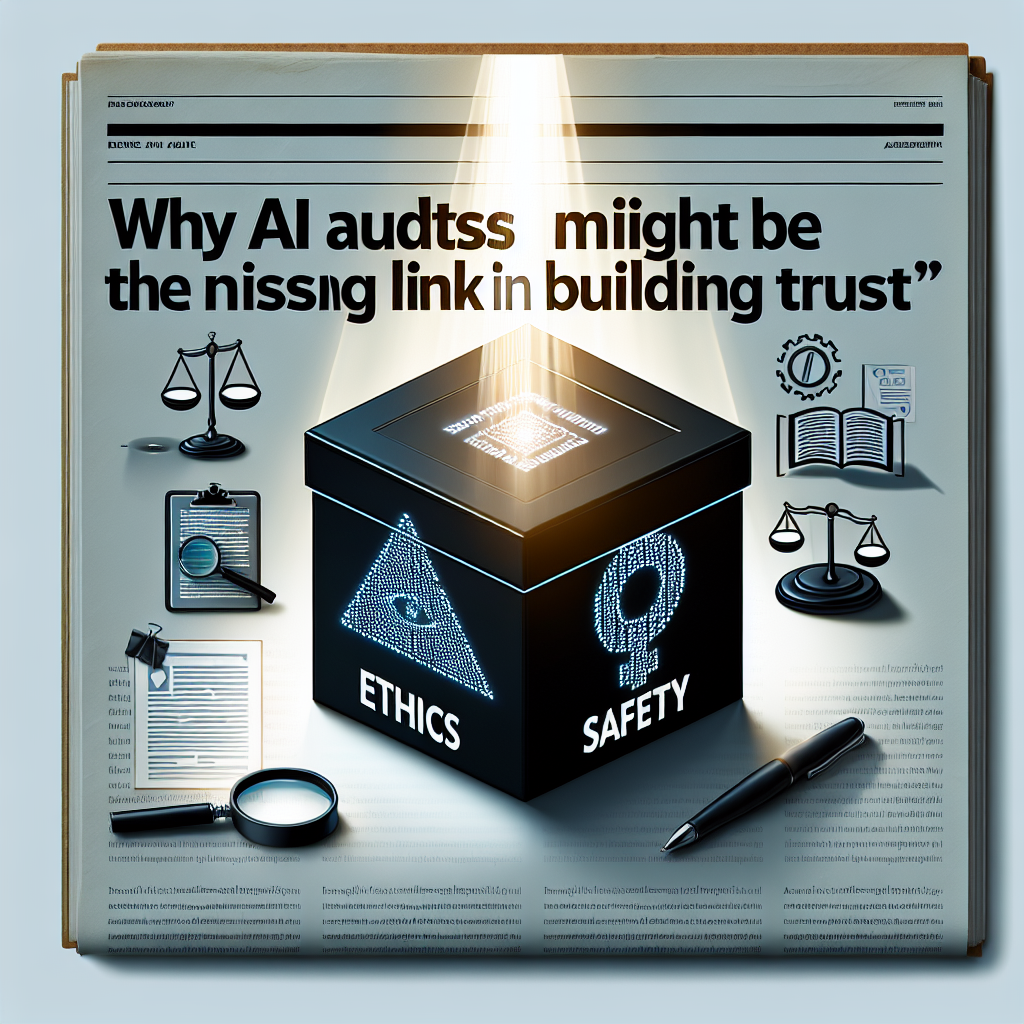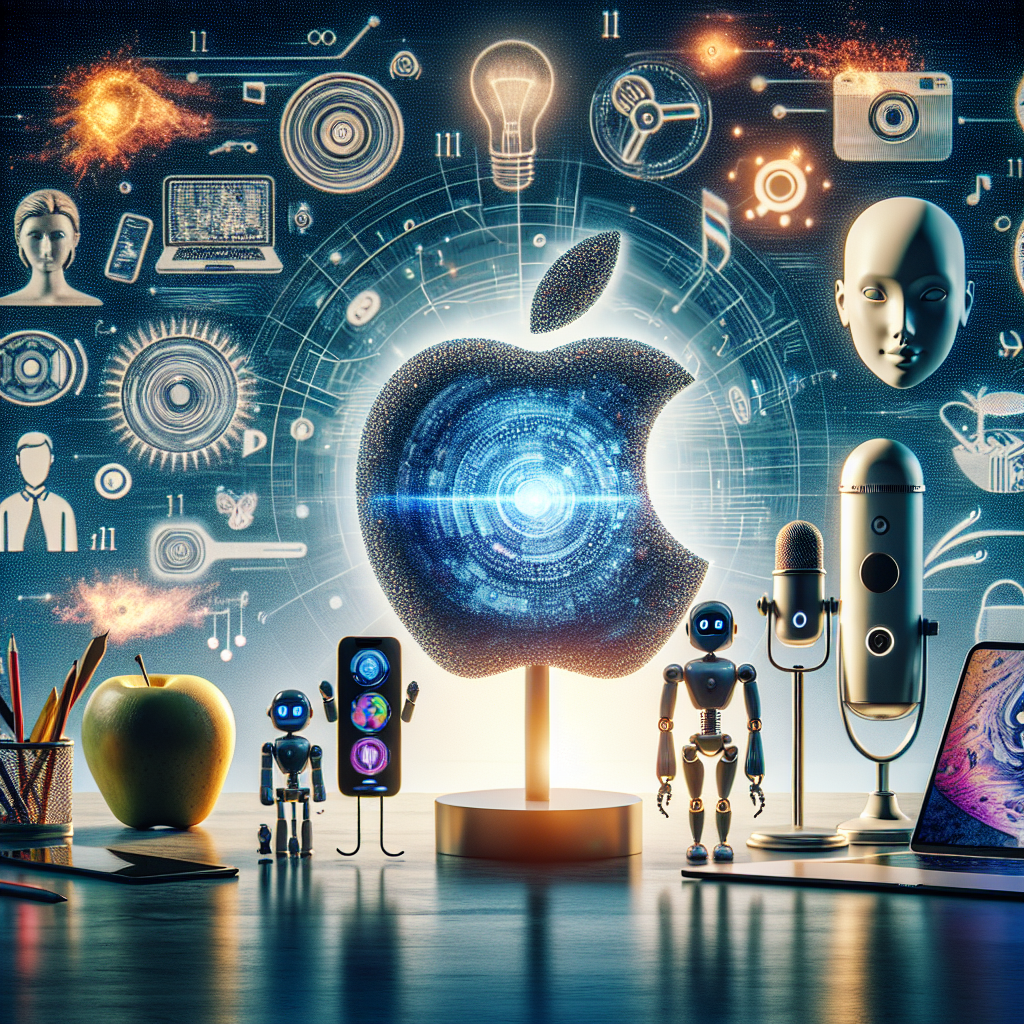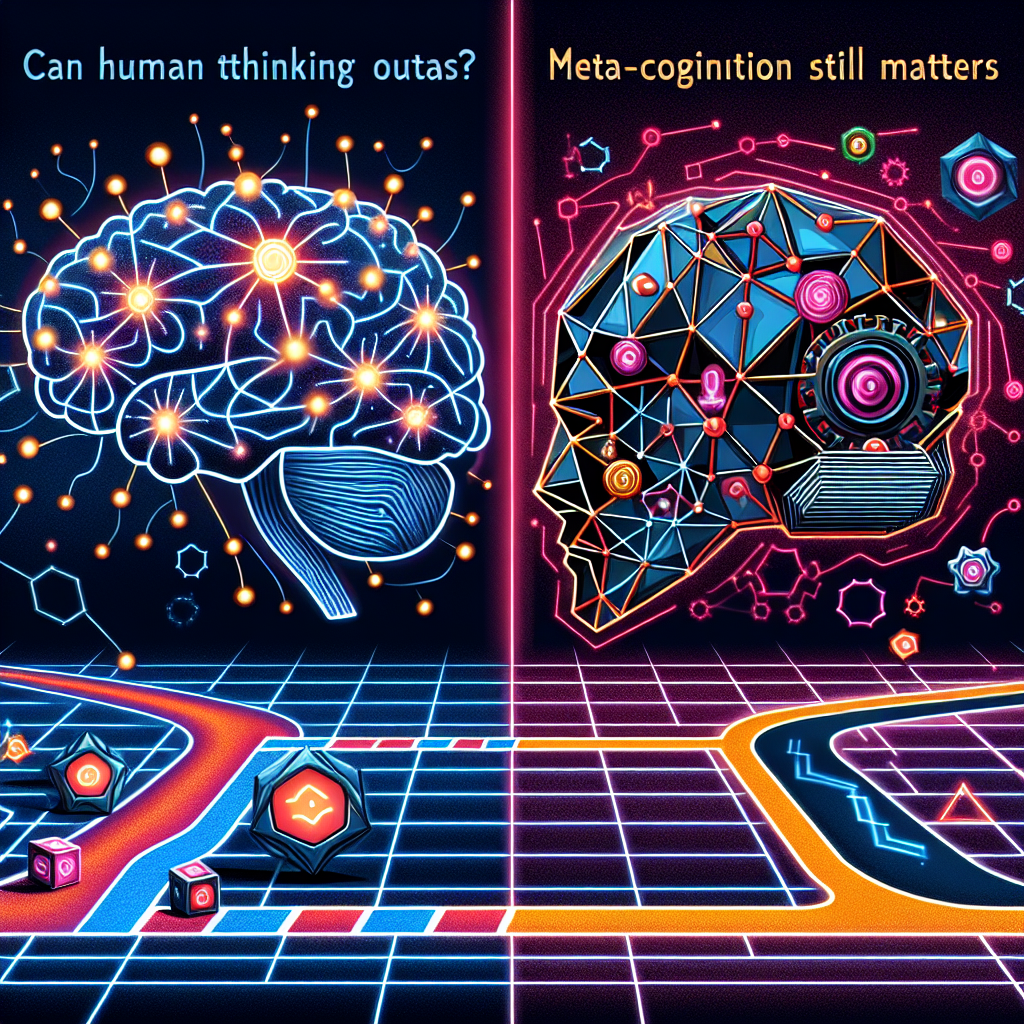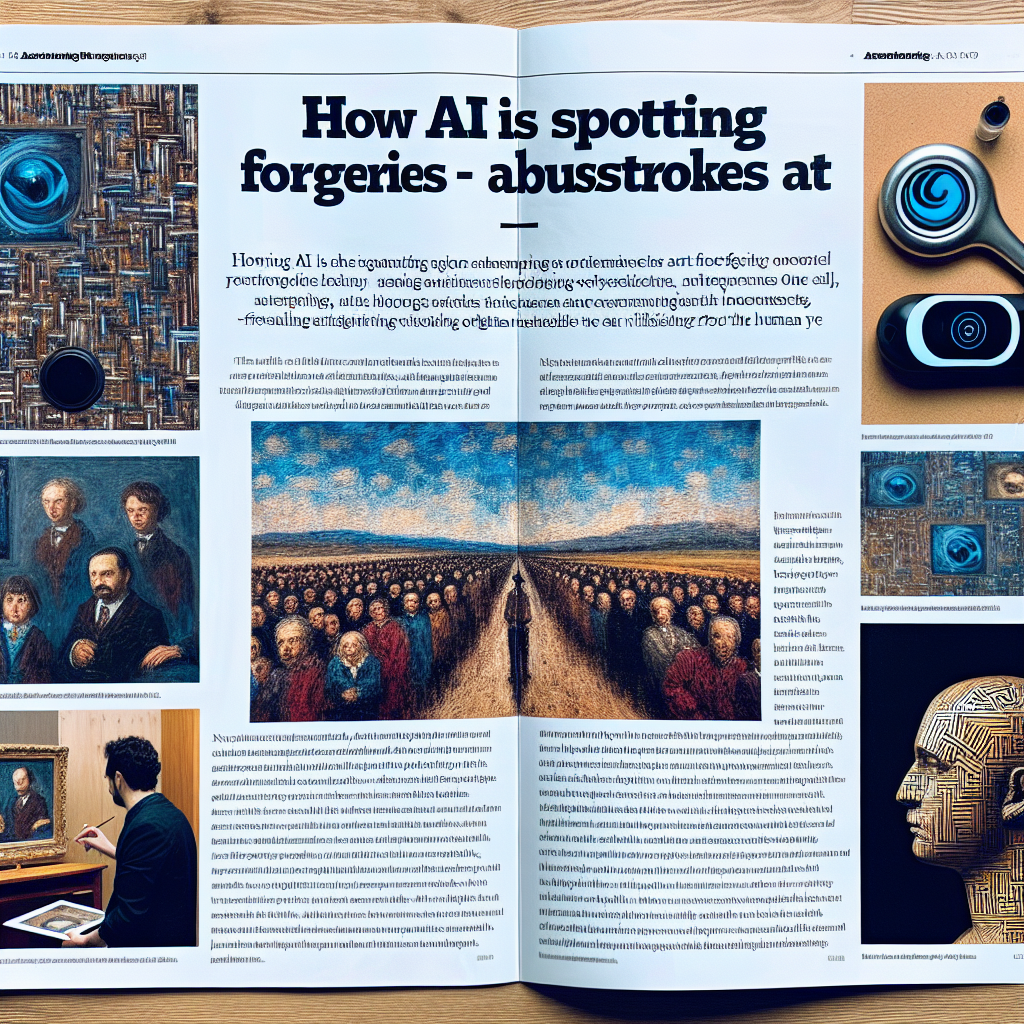Artificial intelligence has gone from sci-fi fantasy to boardroom buzz in a remarkably short time. But with powerful tools comes real risk—and right now, too much of AI development is happening behind closed doors. That’s about to change in the UK, thanks to a bold new move by the British Standards Institution (BSI).
Introducing Accountability for the Black Box
The BSI is rolling out a national AI audit standard aimed at tackling what experts are calling the “wild west” of AI. For the first time, companies will have a set framework to independently audit AI systems for ethics, safety, and transparency. This is a big deal—and long overdue.
Up to now, consumers and regulators have largely had to take tech companies at their word when it comes to how AI systems work, and more importantly, how fairly they operate. Without any common auditing practices, how do we know if bias is creeping into hiring tools? Or if chatbots are being trained on stolen art or harmful misinformation?
Why This Standard Matters (And Who Stands to Win)
This new standard isn’t just good news for watchdogs. It could actually give trustworthy companies a serious competitive edge. Businesses that meet auditing criteria could prove—credibly—that their AI tools are safe, ethical, and effective. That kind of badge matters to clients, investors, and everyday users, especially as awareness of AI risks grows.
Think of it like the “safety check” of the future. We wouldn’t fly in a plane without proper inspections—so why should we trust an untested algorithm to guide decisions about healthcare, hiring, or justice?
The Bottom Line
The BSI’s standard could be a turning point in how AI is treated—not just as a powerful tool, but as one that must earn our trust. Independent audits aren’t a silver bullet, but they’re a solid step toward dragging some sunlight into the black box of AI.
Curious to read more about the standard? Check out the full article on the Financial Times.
“`



